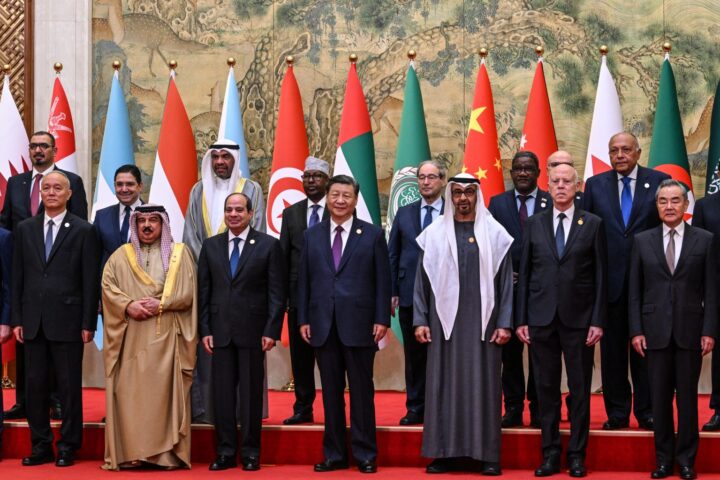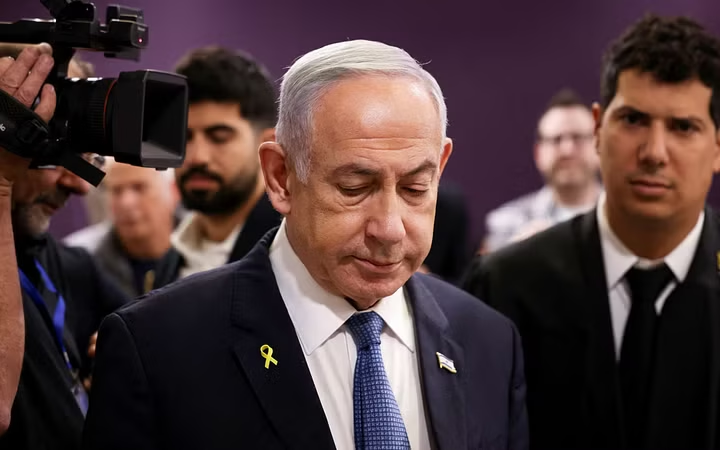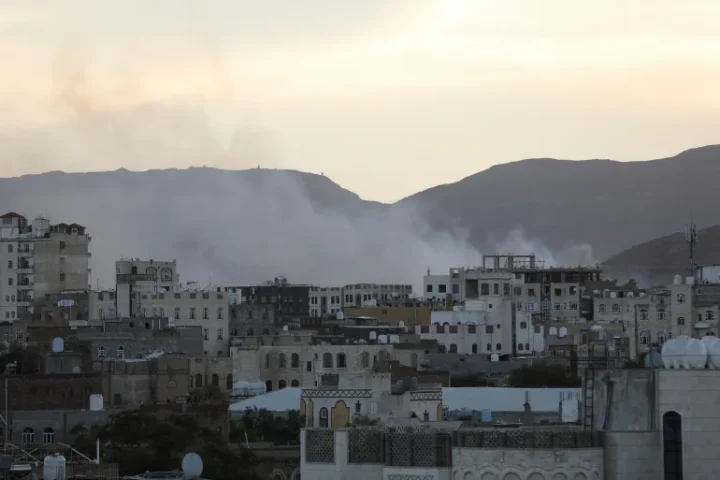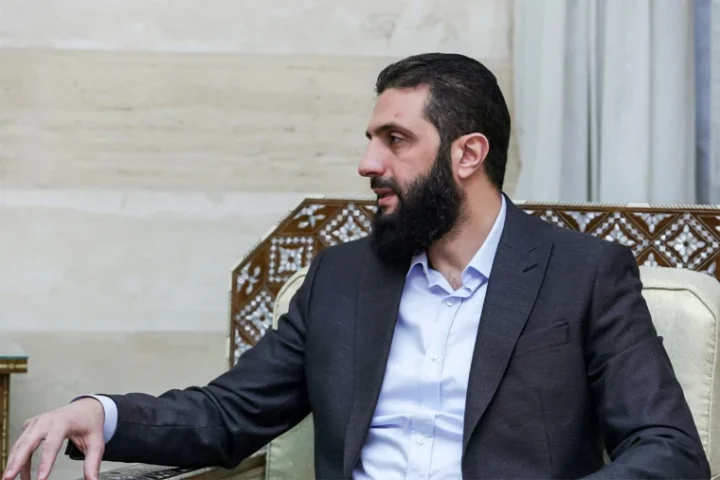Back to the Battlefield
A decade has passed since Sawsan Abou Zainedin, a prominent Syrian activist, was forced to flee her homeland when a brutal civil war swept across the nation. Now, with Syria’s political landscape dramatically altered, Abou Zainedin has returned to take part in the country’s precarious transition to a new order.
A Changed Syria
When Abou Zainedin left Syria in 2014, Bashar al-Assad’s regime was waging a merciless campaign against dissenters, and the country was being dismembered by both internal strife and foreign intervention. Today, the country is under the control of a patchwork of rebel militias, each with their own vested interests but united in their opposition to Assad’s tyrannical rule.
The political climate is tense, marked by a volatile mix of tentative hopes and grave uncertainties. The future of Syria is now largely in the hands of these rebel forces, many of whom lack the political experience needed to guide the nation through its transformative period.
A Voice in the Wilderness
Despite the daunting challenges, Abou Zainedin remains undeterred. A lawyer by training, she has invested her efforts in advocating for the rights of Syria’s most vulnerable citizens – women and children. Her return is seen as an audacious move by many who are familiar with the dangers that political activism in Syria entails. But for Abou Zainedin, the stakes of not participating in the country’s political transformation are far higher.
“Failing to engage would mean abandoning Syria to the same old power dynamics that led to the crisis in the first place,” she says. “We cannot afford to repeat the mistakes of the past.”
A Delicate Dance
Abou Zainedin’s task is far from straightforward. The rebel alliances that hold sway in the country are not monolithic entities. Some factions support a democratic transition, while others lean towards autocratic models. Navigating this intricate political maze requires a delicate balance of courage and tact.
She is also confronted with the challenge of reconciling the interests of Syria’s diverse ethnic and religious groups. The civil war has left deep scars and widened the chasms between communities. Healing these wounds and fostering unity will be vital in building a stable, peaceful Syria.
The Road Ahead
While Abou Zainedin’s return marks a significant moment in Syria’s transition, it also underscores the grim reality that the nation’s journey to stability is far from over. According to the UN, over 5.6 million Syrians remain displaced, many of whom live in dire conditions in neighbouring countries. Rebuilding the nation’s infrastructure and economy will be an arduous task, requiring both international support and domestic consensus.
Yet, Abou Zainedin’s return also signifies a glimmer of optimism. She represents a new generation of political actors who are determined to break away from the cycles of violence and create a more inclusive political space in Syria.
As Syria stands at a crossroads, the choices and actions of individuals like Abou Zainedin will play a crucial role in shaping the nation’s future. Only time will tell if her courageous return will be a turning point in Syria’s tumultuous history.







